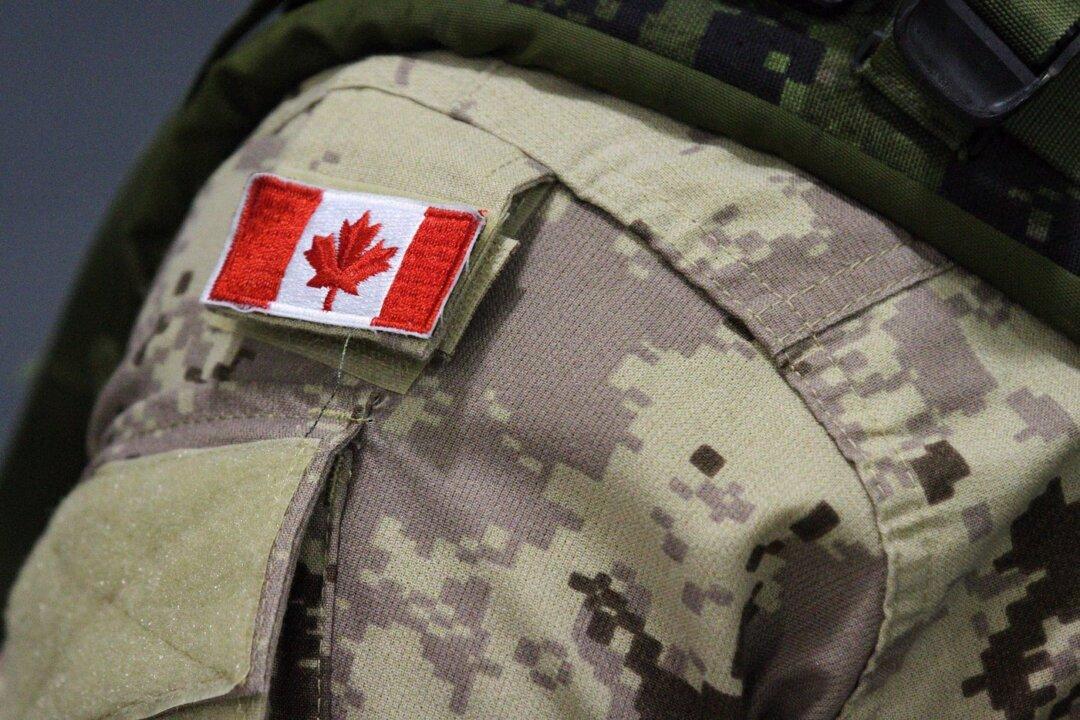Just 77 applicants have successfully enlisted in a Canadian Armed Forces (CAF) program that aims to recruit immigrants, according to a briefing note for Defence Minister Bill Blair.
Between Nov. 1, 2022, and Nov. 24, 2023, the CAF received 21,472 applications from permanent residents. Of those, 77 permanent residents were successfully enrolled by the end of that period, according to the Dec. 11, 2023 briefing note, which was first obtained by Blacklock’s Reporter.





